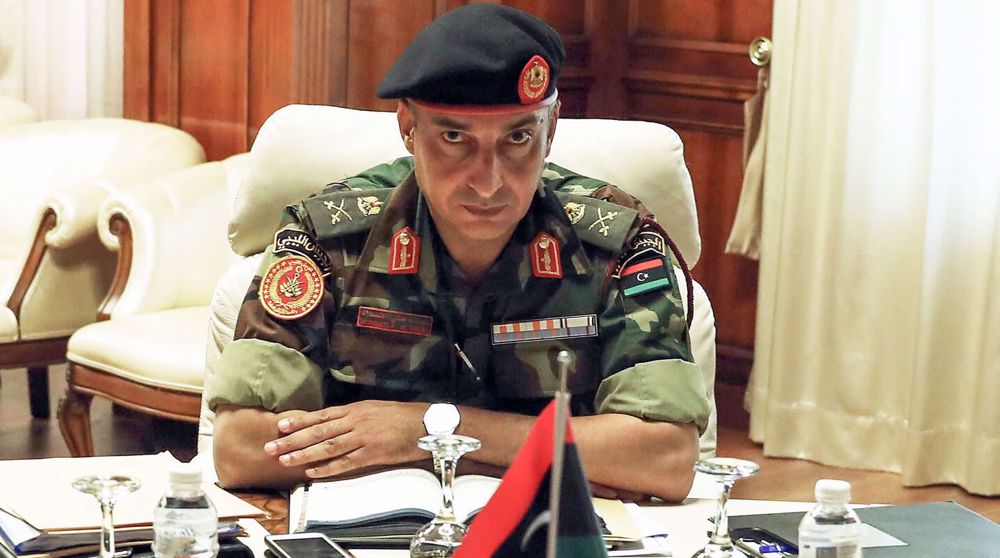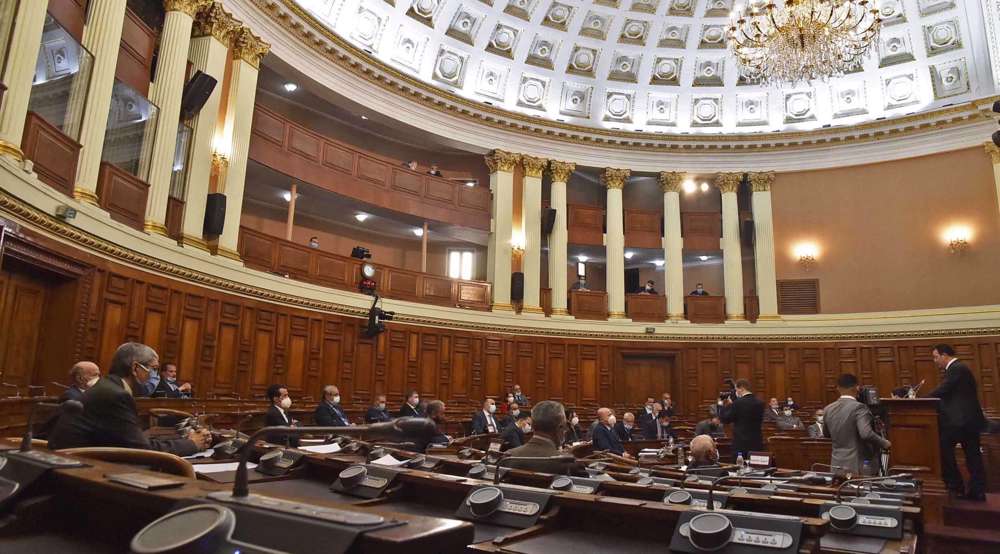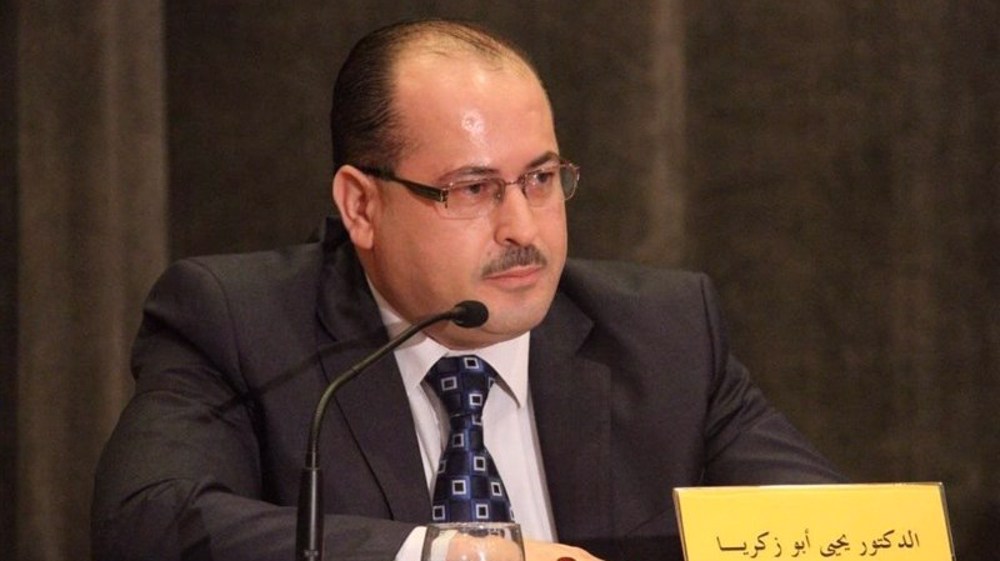UN-brokered talks between Libyan rival factions fail
The United Nations has failed to bridge differences between Libyan rival factions amid efforts aimed at breaking a political stalemate and helping bring about peace and stability in the North African country.
In October, Ghassan Salame, the newly-appointed Libyan envoy to the UN, announced a one-year “action plan” for a transition toward presidential and parliamentary elections in Libya.
The measure reportedly aims to amend a current political agreement in the country and prepare the ground for a constitutional referendum and possibly general elections afterwards.
Since the announcement, the UN has hosted in Tunisia delegations from rival parliaments from eastern Libya and the capital Tripoli to draw up amendments to a previous UN-mediated plan signed in December 2015. However, at the end of the second round of discussions Salame only said talks would go on without giving a new date.
“There are some area of consensus... but there are parts which need discussions with the political leaderships inside Libya,” Salame said without giving details, Reuters reported.
If the parties to the current talks agree to draw up amendments, a national conference would convene with the presence of a much larger number of representatives from across Libya.
The conference would then select the members of a transitional government that would run the country until elections.
Libya’s eastern parliament, or the House of Representatives (HOR), which is allied with the powerful military commander Field Marshal Khalifa Haftar, is tasked in the current scheme with devising laws for national elections. It should also engineer a referendum to approve Libya’s much-delayed constitution.
The UN-backed 2015 deal, which should undergo amendments in the current UN plan, led to the establishment of the Government of National Accord (GNA) in Tripoli. The deal and the GNA itself have, however, failed to gain support from power-brokers in Libya and they are opposed by Haftar and militant factions associated with him.
The country now has two governments, one based in Tripoli, where the GNA, led by Fayez al-Sarraj, is ruling, and the other centered in the eastern city of Tobruk, led by Khalifa Haftar’s so-called Libyan National Army (LNA).
Libya has been grappling with violence and political uncertainty since the oil-rich country’s former ruler Muammar Gaddafi was deposed in 2011 and later killed in the wake of a US-led NATO military intervention.
Two Israeli settlers killed in alleged car-ramming, stabbing attack
VIDEO | Iran set to launch new domestically developed satellites into space
Araghchi says Iran satellite program ‘entirely peaceful’ ahead of triple launch
Venezuela's oil grab reveals Trump’s ‘supremacist, colonialist’ agenda: Analyst
VIDEO | Gaza’s remaining Christians gather in prayer amid war and loss
Iran FM: US pursuing 'law of jungle' over diplomacy
VIDEO | Gaza’s hospitals face collapse as shortages halt surgeries
At least 5 killed in terrorist attack on mosque in Syria’s Homs










 This makes it easy to access the Press TV website
This makes it easy to access the Press TV website